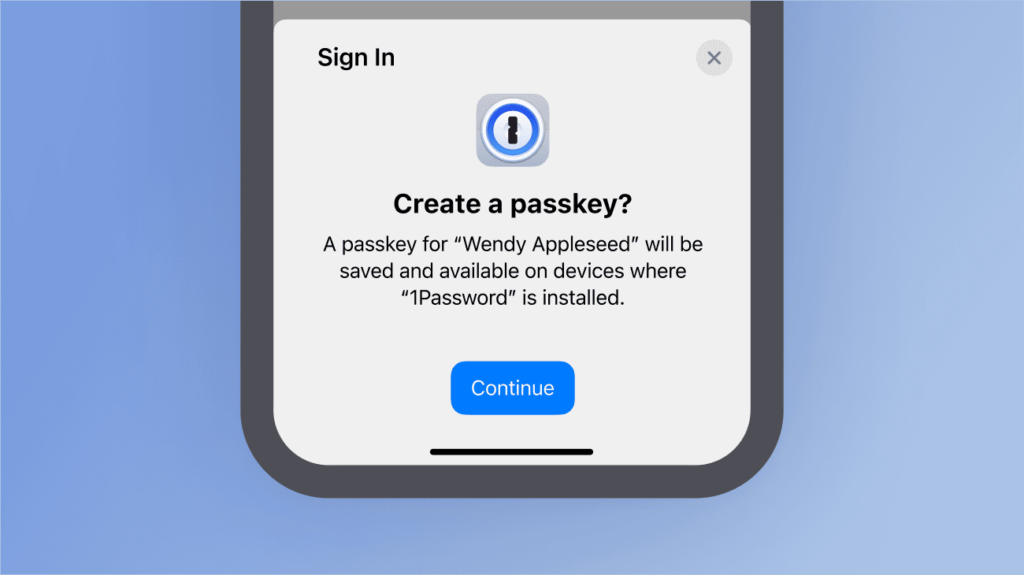Microsoft officially made passkeys the default option when creating new accounts, marking an evolutionary transition from traditional passwords. The company’s push to adopt passkey technology aligns with the trend towards more secure and convenient authentication methods. However, despite the move, only 23% of users worldwide have implemented passkeys across all their compatible accounts, signaling that there’s still a long way to go before these cryptographic credentials become universally accepted.
What’s Happening & Why This Matters
Microsoft is promoting passkeys as a more secure alternative to passwords. They eliminate the need to remember complex combinations of characters, reducing the risk of hacking attempts and phishing attacks. Instead of a password, users will set up a passkey—a cryptographic credential linked to their device. This passkey will authenticate users during login attempts, typically backed by biometric authentication like fingerprint scanning or face recognition.
Microsoft introduced passkey support for its consumer apps last year, allowing users to sign into accounts without relying on two-factor authentication (2FA). The recent move to make passkeys the default for new accounts further promotes passwordless security.

The statistics tell a compelling story of progress and room for growth. A 2024 study by the Fast Identity Online Alliance (FIDO) revealed that 75% of people globally are aware of passkeys. However, the data shows only 42% of users have activated passkeys on at least one account, and only 23% have extended it across all their compatible accounts. These numbers highlight the gap between awareness and adoption, indicating that while users recognize the benefits of passkeys, actual implementation still remains limited.
The FIDO Alliance is actively working on promoting passkeys as a replacement for passwords, encouraging companies to take the Passkey Pledge. This pledge has garnered support from over 100 organizations committed to increasing the adoption of passkey technology over the coming year. Despite this, passkey adoption remains uneven across different sectors. For instance, many cloud services have embraced passkeys, but other industries, like airlines, have implemented these secure authentication methods more slowly.
Microsoft’s move to adopt passkeys as the default option for new accounts signals that the industry is at a tipping point. If Microsoft’s push proves successful, it could create a ripple effect, leading to broader adoption of passwordless authentication systems. However, the low global adoption rate suggests that passkeys may still face hurdles before becoming the mainstream standard.

TF Summary: What’s Next
As Microsoft leads the way in adopting passkeys, the future of online security looks to be passwordless. With data privacy and cybersecurity becoming increasingly critical, passkeys may provide the much-needed solution to the vulnerabilities inherent in traditional password systems. However, for passkeys to truly replace passwords, broader industry adoption and user education will be key.
More companies will follow Microsoft’s lead in pushing passkeys to the forefront of digital authentication. As users and industries become more familiar with the process, the shift to passwordless systems could accelerate, making the cybersecurity landscape more secure and efficient.
— Text-to-Speech (TTS) provided by gspeech


